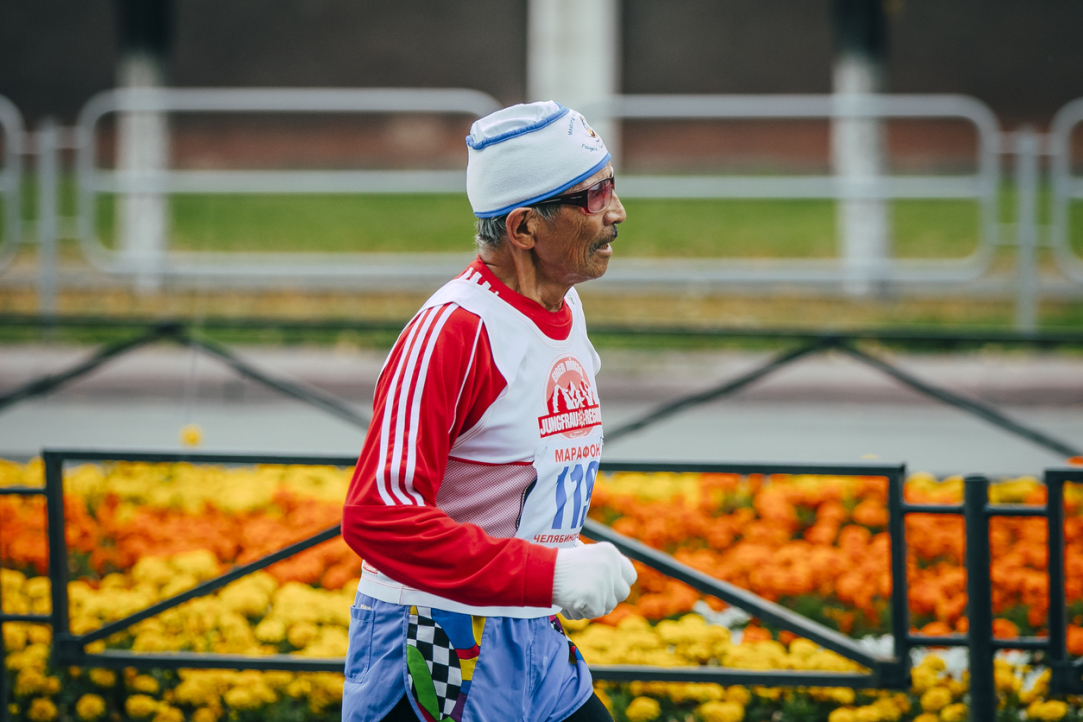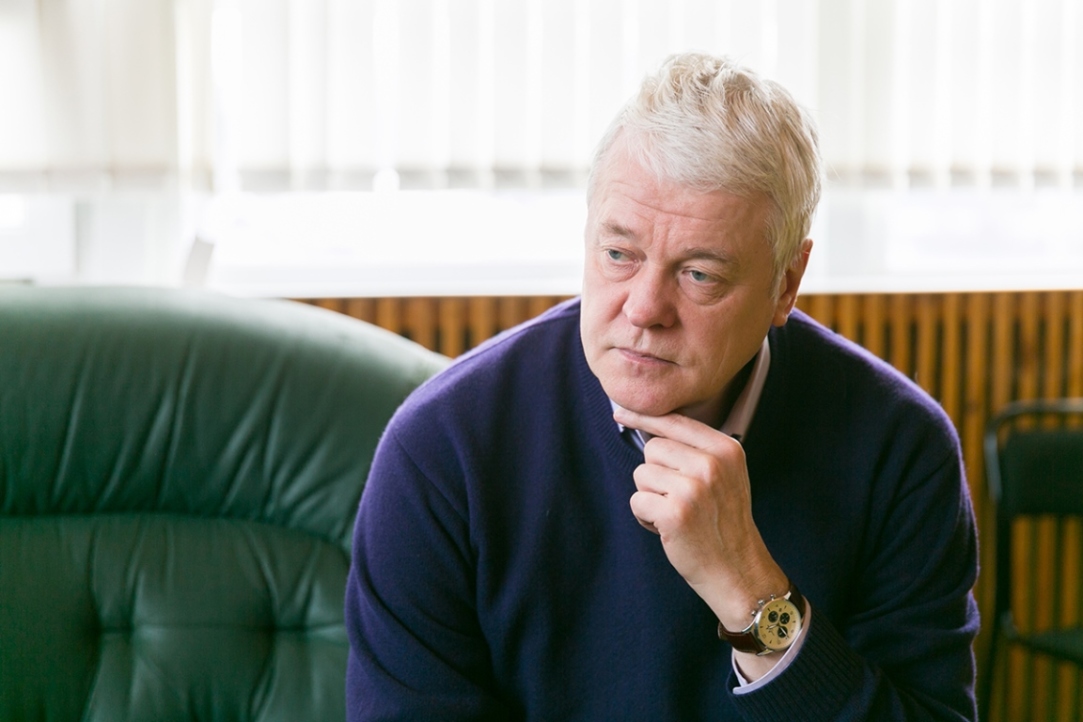International cooperation in science and innovation is not only able to help solve global issues, such as the battle against climate change, hunger and incurable diseases, but also to overcome political disagreement between countries.
News
Rational behaviour is not the only thing that keeps Russians from throwing away food; many food-handling practices have been shaped by socio-cultural factors, including the gastronomic trauma suffered in times of famine and scarcity. Valeria Erguneva and Darya Asaturyan have studied some of the cultural attitudes towards food loss and waste in Russia.

The Higher School of Economics has entered the Expert Analytical Centre’s ranking in 10 subjects. The ranking studies the research productivity of Russian universities. In five subject areas, the university has taken first position in the ranking.





Wolfgang Polt serves as Director of Policies at the Institute for Economic and Innovation Research Policies, Joanneum Research, in Austria. At a special session of the April International Academic Conference on Economic and Social Development hosted by the HSE Institute for Statistical Studies and Economics of Knowledge (ISSEK), he gave a report entitled 'Mission-oriented STI Policies for the Future - What Lessons from the Past?' Following the event, he spoke with the HSE News Service about his impressions of this year’s April Conference, the current state of STI policy globally and in Russia, and future projects he plans to undertake through collaboration with colleagues at HSE.
